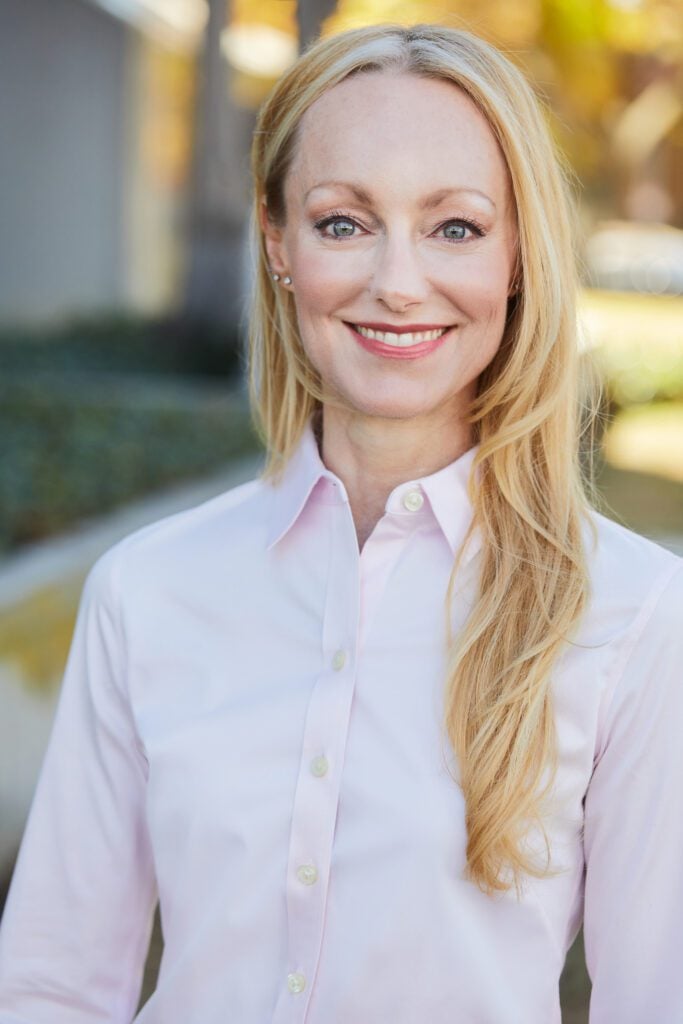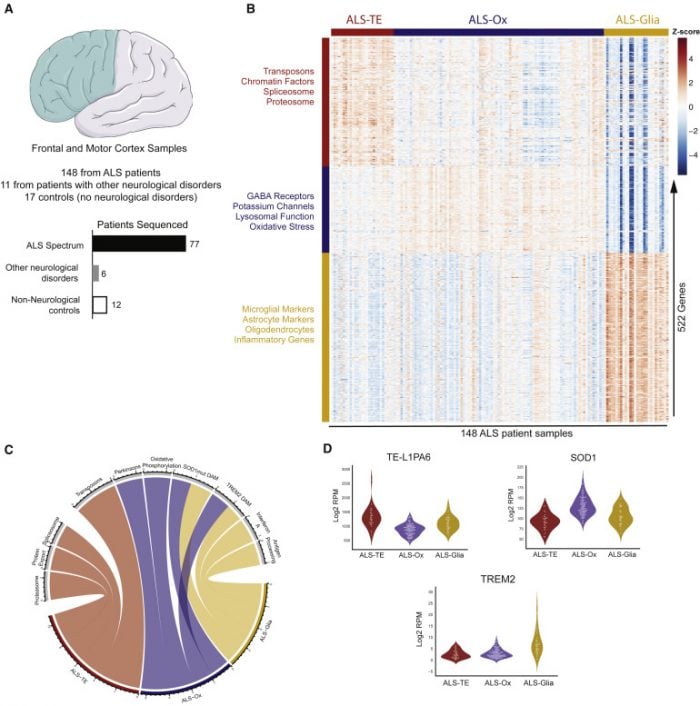
When Sheri Strahl became the first President and CEO of the newly named ALS Network in 2024, she stepped into a role already brimming with urgency, and opportunity. Armed with dual public health and business degrees (MPH, MBA), Sheri brought a systems-thinking mindset to a disease community that’s often been fragmented and underserved.
Her first move? Lead a major brand transformation and recommit the organization to equity, speed, and collaboration.
From Fragmentation to Focus
The rebrand from the Golden West Chapter of the ALS Association to the ALS Network was more than just a name change. It was a statement.
“From the outside, it can look like there’s been little progress in ALS research,” Strahl told us. “But when you step inside the ecosystem, you see real movement, real progress helping us understand more and more about this complex disease. The community is understandably frustrated that there aren’t better treatment options, yes, but they’re also deeply committed to helping us get there.”
That tension, the heartbreak and the hope, is what motivated the shift. The ALS Network wanted to move faster, fund smarter, and work more synergistically with others across care, research, and advocacy. The rebrand created space to do just that.
A Public Health Lens on Leadership
Strahl’s background is distinct in the ALS space. Unlike many nonprofit leaders, she doesn’t come from a fundraising or pharma background, she comes from public health. And that has meant an innovative leadership take.
“With a public health lens, I look at how we can make community-level change,” she said. “It’s about big systems, and it’s also about personal, local care. I took over from an incredible leader with a social work background, and together our perspectives created real synergy.”
High-Risk, High-Reward Research with Community at the Table
One of Strahl’s first major steps was expanding the organization’s research program, creating both a Scientific Advisory Committee and a Community Research Committee, the latter ensuring that people living with ALS and their caregivers help define what research gets prioritized.
“We believe in meaningful participation,” Sheri said. “People affected by ALS shouldn’t just be subjects of research, they should be co-creators of it.”
That belief is already translating into action. The ALS Network recently launched a $300K drug repurposing study with Stanford and Lawrence Livermore Lab, using real-world health records to identify existing drugs that might slow ALS progression. This is fast, patient-focused science designed for immediate impact.
Working Better, Together
At Target ALS, we believe therapeutic progress happens faster when we break down silos. So we asked Strahl: How can nonprofits like ours work more effectively with organizations like the ALS Network?
Her answer was clear: “I’m not interested in duplicating work, I’m interested in collaborating. That’s how we move the needle faster.”
It’s an ethos we share. And it’s one reason the ALS Network continues to explore partnership opportunities with groups like Target ALS.
Equity as a North Star
With more than 2,600 people under care across California and Hawaii, the ALS Network has long been focused on equitable access to quality care. But Strahl knows there’s more to be done.
“There are still enormous gaps, based on geography, race, language, and income,” she said. “It’s a moral imperative to close those gaps.”
Through telehealth, local outreach, advocacy, and bilingual services, the organization is doubling down on its commitment to care that’s accessible to all, especially as new treatments emerge and clinical trial access remains uneven.
The Promise of Regenerative Medicine
Strahl also serves on the Clinical Advisory Panel for the California Institute for Regenerative Medicine, bringing patient-centered insight into stem cell and cell therapy strategy. She sees regenerative medicine as one of the critical threads in the wider ALS research tapestry alongside antisense therapies, AI-led drug discovery, and personalized care models.
There’s no silver bullet, she’s quick to note. But that doesn’t mean we shouldn’t be pushing hard on every promising front.
No Time to Waste
So what drives her?
“The urgency,” she said. “This disease takes so much. But the people in this community? They’re powerful. They’re determined. And they deserve better.”
That sense of moral clarity runs through everything Strahl leads. As she puts it: “We don’t have the luxury of slow progress. This work is personal.”
Her vision for the ALS Network’s legacy? A unified, collaborative movement that’s turning outrage into action and finally building the ALS ecosystem patients deserve.


